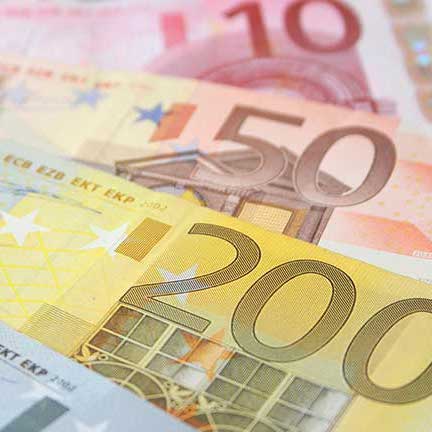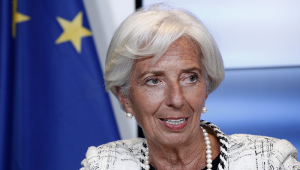It will buy up to €120bn more in bonds this year, to try to ensure credit remains available for companies.
And it will also provide cheap loans to banks to help them remain liquid, as well as other measures to keep banks lending during the crisis.
“The coronavirus is proving to be a significant shock to our economies,” said Andrea Enria, chair of the ECB Supervisory Board.
“Banks need to be in a position to continue financing households and corporates experiencing temporary difficulties.”
The New York Federal Reserve has also announced it will inject $1.5trn into the financial system in short-term loans, to “address highly unusual disruptions in treasury financing markets associated with the coronavirus outbreak”.
And the Bank of Japan will buy 200bn yen of government bonds, as well as lending an additional 1.5trn yen to help liquidity in financial markets.
Earlier this week, the United Nations trade agency predicted the coronavirus outbreak, which was classified as a pandemic by the World Health Organisation on Wednesday, will cost the global economy $1trn in 2020.
Europe and many parts of Latin America are particularly vulnerable, according to the UN, because their economies were already performing poorly, and many of the so-called ‘least developed countries’ will also suffer because they are often heavily dependent on the sale of raw materials, which will decline as economic activity contracts elsewhere.













